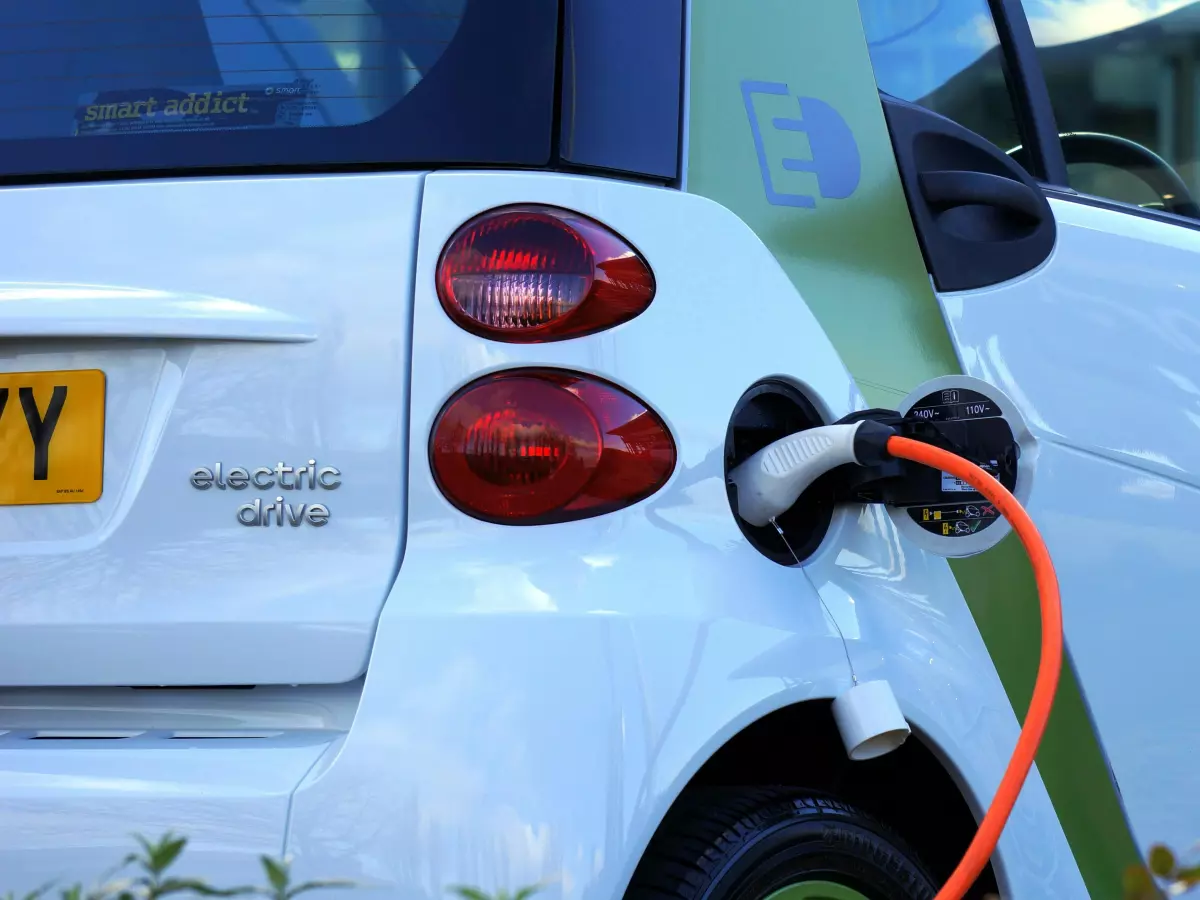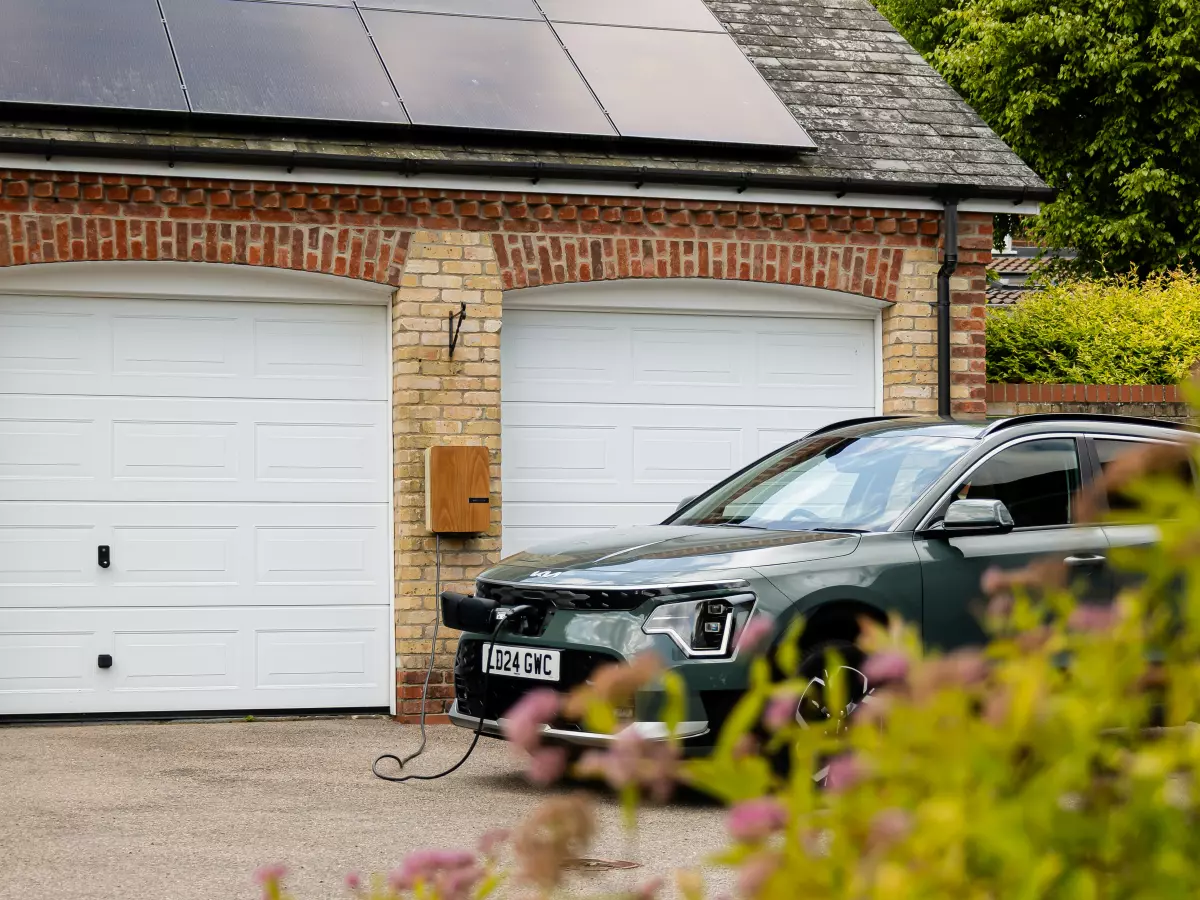AI Meets EV Charging
I remember the first time I plugged in my electric vehicle at a public charging station. It was a mix of excitement and anxiety—would it charge fast enough? Would I make it home without running out of juice? That was years ago, and while EV charging has come a long way since then, the introduction of AI into the mix is taking things to a whole new level.

By Jason Patel
Fast forward to today, and AI is quietly revolutionizing how we charge our electric vehicles. From optimizing charging times to predicting battery health, AI is making EV charging smarter, faster, and more efficient. But how exactly is this happening? Let's dive into the top 7 ways AI is transforming EV battery charging systems.
1. Predictive Charging Algorithms
One of the most exciting ways AI is changing the game is through predictive algorithms. These algorithms analyze your driving habits, battery health, and even external factors like weather conditions to predict the best time to charge your EV. Imagine your car knowing when you're likely to need a charge and automatically adjusting its charging schedule to optimize battery life and efficiency. It's like having a personal charging assistant that works 24/7.
These algorithms can also help reduce the strain on the grid by scheduling charging during off-peak hours, ensuring that your EV is charged when electricity is cheapest and most abundant. It's a win-win for both you and the environment.
2. Smart Grid Integration
AI is also playing a crucial role in integrating EVs with smart grids. Smart grids use AI to balance electricity supply and demand in real-time, ensuring that EVs are charged efficiently without overloading the grid. This is especially important as more and more EVs hit the road, putting increased pressure on our aging electrical infrastructure.
With AI, smart grids can prioritize charging during times of low demand and even redistribute electricity from EVs back into the grid during peak hours. This two-way communication between EVs and the grid is known as vehicle-to-grid (V2G) technology, and it's a game-changer for energy management.
3. Adaptive Charging Speeds
Not all EVs are created equal, and neither are their batteries. AI is helping to tailor charging speeds to the specific needs of each vehicle. By analyzing factors like battery age, temperature, and state of charge, AI can adjust the charging speed to maximize efficiency and minimize wear and tear on the battery.
This means that your EV will charge faster when it can and slower when it needs to, ensuring that your battery lasts as long as possible. It's like having a custom charging plan designed just for your car.
4. Dynamic Load Management
As more EVs hit the road, the demand for charging infrastructure is skyrocketing. AI is helping to manage this increased demand through dynamic load management. This technology allows charging stations to distribute electricity more efficiently, ensuring that all EVs get the power they need without overloading the system.
For example, if multiple EVs are charging at the same station, AI can allocate power based on factors like battery level and charging speed, ensuring that no one car hogs all the electricity. This helps to prevent bottlenecks and ensures that everyone gets a fair share of the juice.
5. Battery Health Monitoring
Battery health is one of the most critical factors in determining the lifespan of an EV. AI is helping to monitor battery health in real-time, providing drivers with valuable insights into how their battery is performing and when it might need maintenance.
By analyzing data from sensors embedded in the battery, AI can detect early signs of wear and tear, allowing drivers to take action before a problem arises. This not only helps to extend the life of the battery but also ensures that your EV is always running at peak performance.
6. Autonomous Charging Stations
Imagine pulling up to a charging station, and instead of plugging in your car, the station does it for you. Thanks to AI, this futuristic scenario is becoming a reality. Autonomous charging stations use AI-powered robots to automatically connect your EV to the charger, eliminating the need for human intervention.
These stations are particularly useful for autonomous vehicles, which can't plug themselves in. But even for regular EV drivers, the convenience of not having to get out of your car to charge is a huge plus. It's one more way AI is making EV charging more seamless and user-friendly.
7. Route Optimization for Charging
One of the biggest concerns for EV drivers is range anxiety—the fear of running out of battery before reaching a charging station. AI is helping to alleviate this anxiety by optimizing routes based on available charging stations and your vehicle's current range.
By analyzing real-time traffic data, weather conditions, and your EV's battery level, AI can suggest the most efficient route to your destination, complete with charging stops along the way. This not only helps to reduce range anxiety but also ensures that you never have to worry about running out of power on the road.
Some AI-powered navigation systems even take it a step further by reserving a charging spot for you at your next stop, ensuring that you don't have to wait in line when you arrive. Talk about next-level convenience!
Conclusion: The Future is AI-Driven
As AI continues to evolve, its impact on EV charging systems will only grow. From predictive algorithms to autonomous charging stations, AI is making EV charging smarter, faster, and more efficient than ever before. And while we're still in the early stages of this transformation, the future looks incredibly promising.
So, the next time you plug in your EV, take a moment to appreciate the AI working behind the scenes to ensure that your car is charged quickly, efficiently, and safely. Who knows? In a few years, you might not even have to plug it in at all.
And hey, maybe one day we'll look back on the days of manually plugging in our cars and laugh—just like we do now when we think about dial-up internet. The future is electric, and AI is driving us there faster than we ever imagined.





